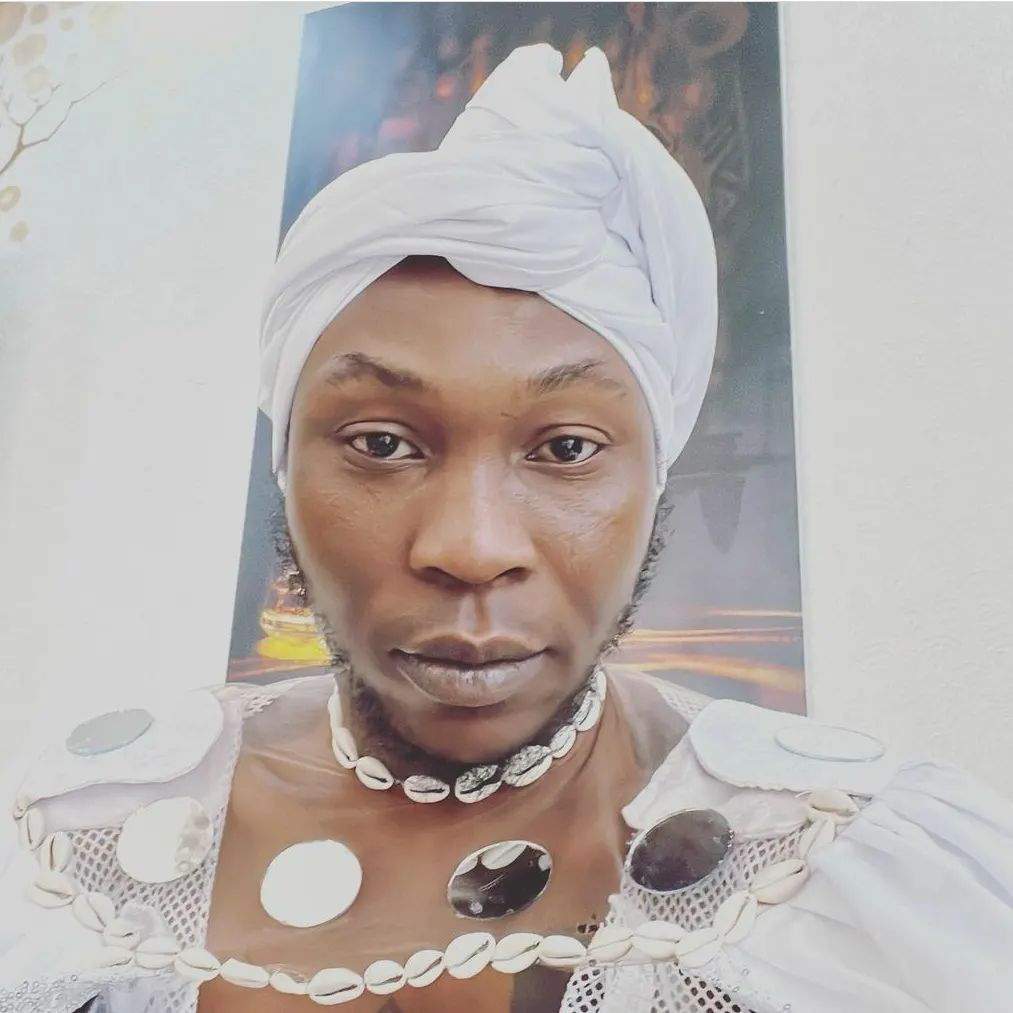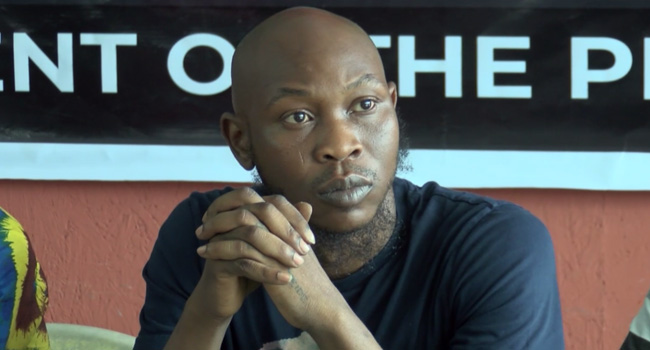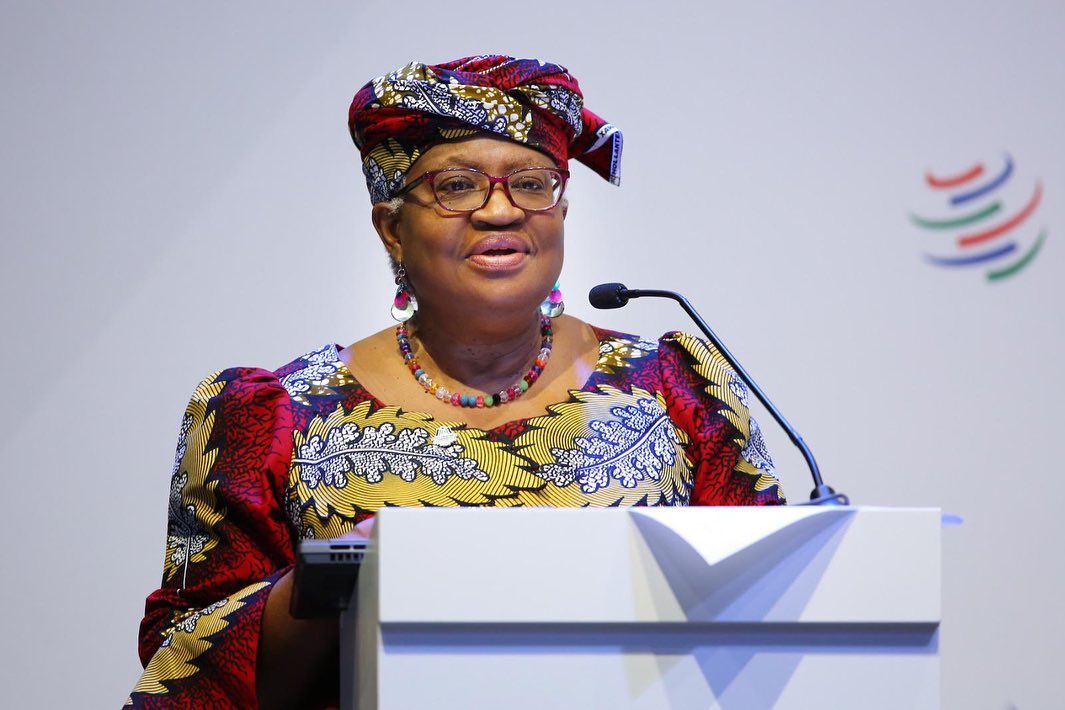Seun Kuti claims Lagos State belongs to the Portuguese
Seun Kuti, the Nigerian Afrobeat singer and son of legendary musician Fela Kuti, has sparked controversy with his recent claims that Lagos State belongs to the Portuguese.
The debate surrounding the ownership of Lagos has been ongoing for many years and has gained more traction in the wake of the forthcoming gubernatorial elections, with various groups making competing claims.
However, Kuti’s assertion that the Portuguese are the rightful owners of Lagos has drawn significant attention.
In a recent series of Instagram postings, Kuti claimed that Lagos belongs to the Portuguese because they were the first Europeans to arrive in the area. He argued that the Portuguese had a legitimate claim to the land because they had established a trading post there before other Europeans arrived.
The singer draws his claim from the simple fact that Lagos was named by the Portuguese. According to him, anyone who names a person or thing owns it.
“Lagos is no man’s land – wrong. Lagos is yoruba land – wrong again. Lagos is a European satellite slave port – correct!! you don’t know Lagos!! Hey, ode look here, Lagos is a Portuguese word. It is called the slave coast. Learn your history, you no go gree. Everyone moved to Lagos to slave!! All prominent Lagos elites are slavers. Defend your masters all you want!! Why Ibadan no get Portuguese name? Wetin be the french name of Oshogbo? He who names it owns it,” he opined.
View this post on Instagram
Kuti’s claims have sparked a wide range of reactions, with many Nigerians expressing disbelief and outrage. Some have accused Kuti of being ignorant of history and of promoting colonialism. Others have argued that Kuti’s claims have some merit and that the Nigerian government should do more to acknowledge the city’s complex history.
The question of who owns Lagos State remains a contentious issue, and Seun Kuti’s recent claims have added fuel to the debate. While Kuti’s assertion that the Portuguese are the rightful owners of Lagos may be controversial, it has brought attention to the complex history of the region and prompted discussions about how best to acknowledge and honour that history.

























